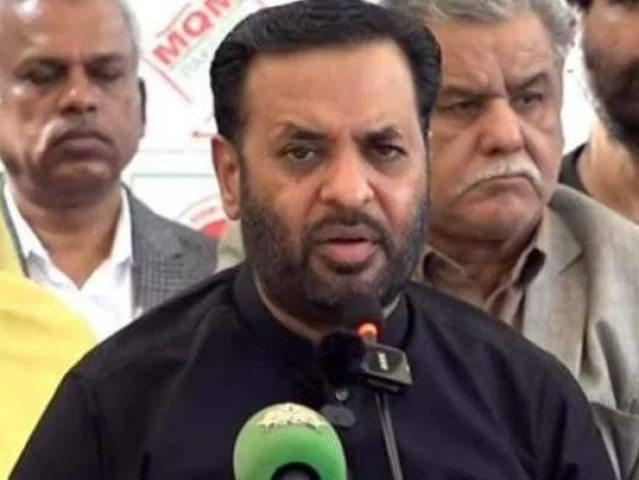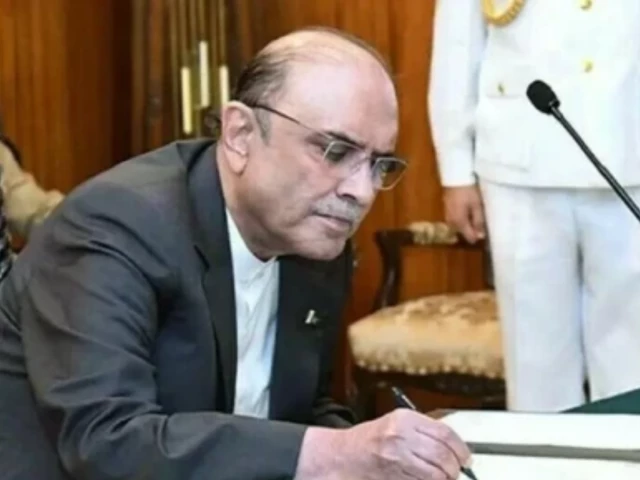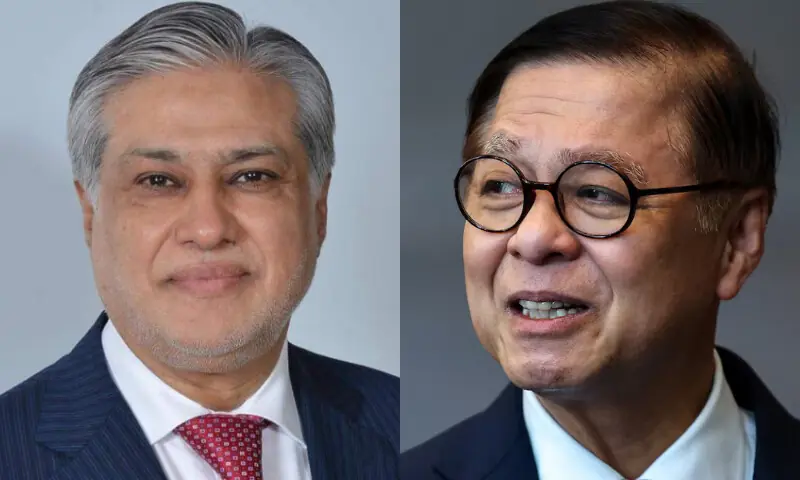Federal Defence Minister Proposes Platform for ASEAN–Pakistan Security Dialogue
ISLAMABAD, JAN 22 /DNA/: The ASEAN Committee in Islamabad (ACI) paid a joint courtesy call on H.E. Mr. Khawaja Muhammad…

Federal Defence Minister Proposes Platform for ASEAN–Pakistan Security Dialogue
ISLAMABAD, JAN 22 /DNA/: The ASEAN Committee in Islamabad (ACI) paid a joint courtesy call on H.E. Mr. Khawaja Muhammad…

Minister says PPP has failed to govern city, calls amendment a ‘festering wound’
MQM-P leader Mustafa Kamal addressing a press conference in Karachi on Thursday, Jan 22, 2026. SCREENGRAB

President Asif Ali Zardari on Thursday approved the confirmation and extension of the tenure of additional judges of the Sindh, Lahore and Peshawar High…

Deputy Prime Minister Ishaq Dar met Thailand’s Foreign Minister Sihasak on the sidelines of the World Economic Forum in Davos.
During the meeting, both leaders reviewed Pakistan-Thailand bilateral relations and agreed to enhance cooperation in…